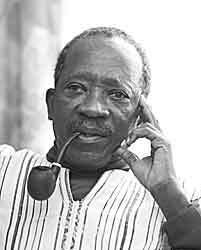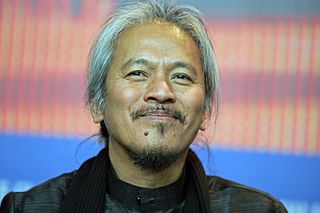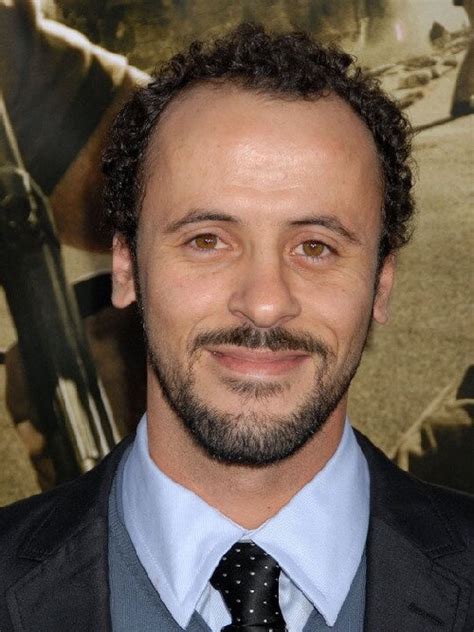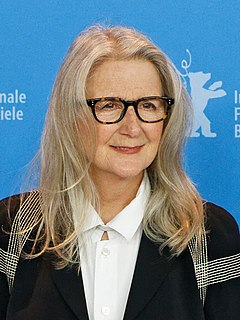A Quote by Richard Attenborough
Well, you cannot think of cinema now, and you cannot think of cinema in the UK and not place Chaplin in the most extraordinary elevated context, if there can be such a thing, in that he was a genius, he was unique.
Related Quotes
I think what I loved in cinema - and what I mean by cinema is not just films, but proper, classical cinema - are the extraordinary moments that can occur on screen. At the same time, I do feel that cinema and theater feed each other. I feel like you can do close-up on stage and you can do something very bold and highly characterized - and, dare I say, theatrical - on camera. I think the cameras and the viewpoints shift depending on the intensity and integrity of your intention and focus on that.
The structure of my novels has nothing to do with the narrative mode of cinema. My novels would be very difficult to film without ruining them completely. I think this is the area where writers need to place ourselves: from a position of absolute modernity and contemporaneity, creating a culture of objects which cinema cannot.
I think cinema is needed throughout Africa, because we are lagging behind in the knowledge of our own history. I think we need to create a culture that is our own. I think that images are very fascinating and very important to that end. But right now, cinema is only in the hands of film-makers because most of our leaders are afraid of cinema.


































